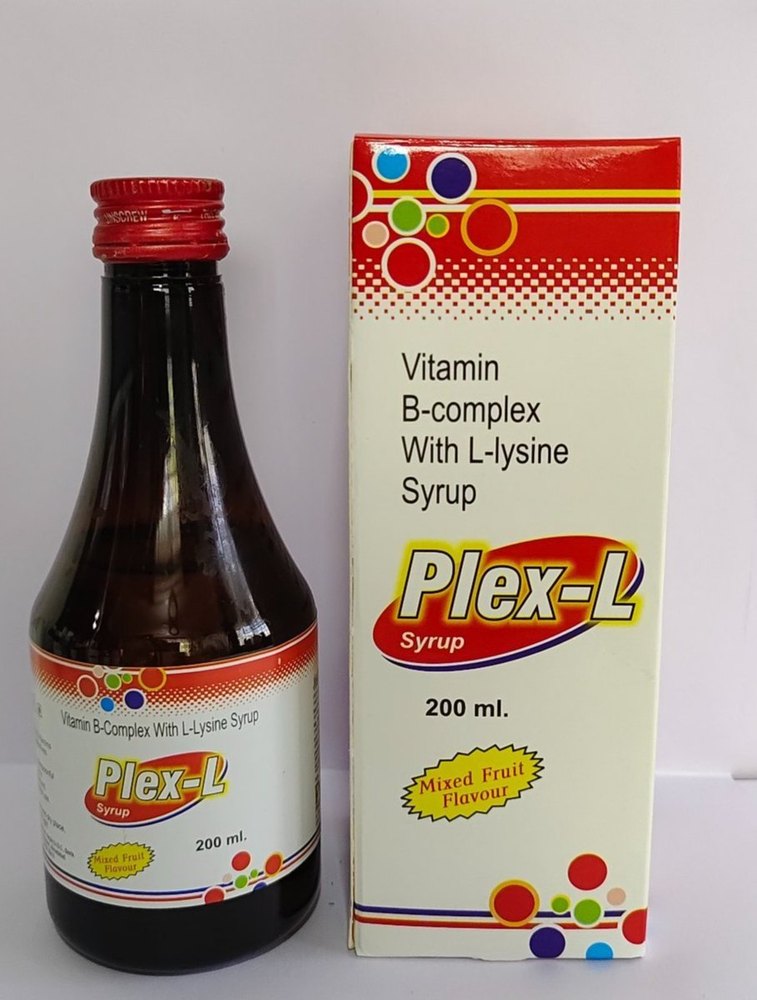Description
Thyronorm 88 mcg is primarily used to treat hypothyroidism (underactive thyroid), a condition where the thyroid gland doesn’t produce enough hormones. It works by replacing the deficient thyroid hormone, thereby restoring normal metabolism and relieving symptoms like fatigue, weight gain, and cold sensitivity. It’s typically taken once daily on an empty stomach, at least 30-60 minutes before breakfast, and is usually a lifelong medication. Side effects often occur if the dose is too high, mimicking symptoms of an overactive thyroid. It should never be used for weight loss in individuals with normal thyroid function. Careful monitoring of TSH levels by a doctor is essential to ensure the correct dosage.
1. What it is and How it Works (Mechanism of Action):
- Active Ingredient: Levothyroxine Sodium (88 mcg).
- Drug Class: Thyroid Hormone Replacement.
- Mimics Natural Hormone: Levothyroxine is chemically identical to the thyroxine (T4) hormone produced by the thyroid gland.
- Metabolic Regulation: The thyroid hormones (T4 and T3) are essential for controlling the body’s metabolism, energy production, body temperature, heart function, and the growth and development of various tissues, including the brain.
- Replacement Therapy: In individuals with an underactive thyroid (hypothyroidism), the gland doesn’t produce sufficient thyroid hormones. Thyronorm 88 mcg works by replacing this deficiency, thereby restoring normal metabolic function and alleviating the associated symptoms. Once ingested, levothyroxine (T4) is converted into its more active form, triiodothyronine (T3), in the body’s tissues.
2. What it’s Used For (Indications): Thyronorm 88 mcg is primarily prescribed for:
- Hypothyroidism: This is its main use, to treat the symptoms of an underactive thyroid gland, such as fatigue, weight gain, constipation, cold intolerance, dry skin, and depression.
- Thyroid Cancer: As an adjunct therapy following surgery and radioiodine treatment for certain types of thyroid cancer, it helps suppress the growth of remaining cancer cells by lowering TSH (Thyroid Stimulating Hormone) levels, which can stimulate cancer growth.
- Goitre: To treat or prevent non-toxic goitre (enlargement of the thyroid gland) when it’s due to insufficient thyroid hormone production.
3. How to Take It (Dosage and Administration):
- Highly Individualized Dosage: The exact dose is determined by a doctor based on the patient’s age, weight, the severity of their hypothyroidism, general health, and regular blood tests (especially TSH levels).
- Once Daily on Empty Stomach: It should be taken once daily, usually in the morning, at least 30-60 minutes (some guidelines suggest 1 hour) before breakfast. This is vital for optimal absorption.
- Avoid Interactions: It’s crucial to avoid taking other medications, supplements (especially iron, calcium, and multivitamins), and antacids within 4 hours of taking Thyronorm, as they can significantly interfere with its absorption. Certain foods, like soy products and high-fiber diets, can also affect absorption.
- Lifelong Treatment: For most individuals with hypothyroidism, Thyronorm is a lifelong medication.
- Do Not Stop Abruptly: Never stop taking Thyronorm or change your dose without consulting your doctor, as abrupt cessation can lead to a return of severe hypothyroid symptoms or more serious health issues (e.g., myxedema coma).
4. Common Side Effects: Side effects usually indicate that the dose is too high, leading to symptoms mimicking an overactive thyroid (hyperthyroidism). Your doctor will adjust the dose to find the right balance. Common side effects may include:
- Palpitations (fast or irregular heartbeat)
- Nervousness, anxiety, irritability, restlessness
- Insomnia (difficulty sleeping)
- Weight loss (Thyronorm should not be used for weight loss in individuals with normal thyroid function)
- Increased appetite
- Diarrhea, vomiting
- Tremors (shaking)
- Heat intolerance, excessive sweating
- Headache, muscle cramps
- Changes in menstrual cycle in women
- Temporary hair loss (especially at the beginning of treatment)
5. Important Precautions and Warnings:
- Contraindications:
- Untreated hyperthyroidism (thyrotoxicosis).
- Untreated adrenal insufficiency.
- Acute myocardial infarction (recent heart attack).
- Cardiovascular Disease: Use with caution and typically start with a lower dose in patients with existing heart conditions (e.g., angina, heart failure, arrhythmias, high blood pressure), especially in elderly patients, as sudden increases in metabolism can strain the heart.
- Diabetes: Levothyroxine can affect blood sugar levels, potentially requiring adjustments to diabetes medication (insulin or oral antidiabetics). Diabetics should monitor their blood glucose closely.
- Osteoporosis: Long-term use of levothyroxine at doses higher than needed can potentially lead to reduced bone mineral density.
- Pregnancy and Breastfeeding: Thyroid hormone requirements often increase during pregnancy. Thyronorm is generally considered safe and necessary during pregnancy and breastfeeding, but close monitoring and dose adjustments by a doctor are essential, as untreated hypothyroidism in pregnancy can have adverse effects on both mother and baby.
- Drug Interactions: Levothyroxine interacts with a wide range of medications, including:
- Reduced Absorption: Antacids (aluminum, magnesium, calcium), iron supplements, calcium supplements, cholestyramine, colestipol, sucralfate, soy products, certain acid-reducing medications (e.g., proton pump inhibitors).
- Altered Metabolism/Effect: Warfarin (blood thinner), certain antidepressants (e.g., tricyclic antidepressants, sertraline), beta-blockers, some anti-epileptic drugs (e.g., phenytoin, carbamazepine), rifampicin, amiodarone, certain diabetes medications.
- Always inform your doctor about all prescription, over-the-counter medications, herbal products, and supplements you are taking.
- Not for Weight Loss: This medication should never be used solely for weight loss in individuals with normal thyroid function, as it can cause serious and potentially life-threatening side effects.
Thyronorm 88 mcg is a prescription medication that requires careful management and regular medical follow-up, including blood tests, to ensure optimal dosage and treatment effectiveness.
Additional information
| form | Oral Tablets |
|---|






Reviews
There are no reviews yet.